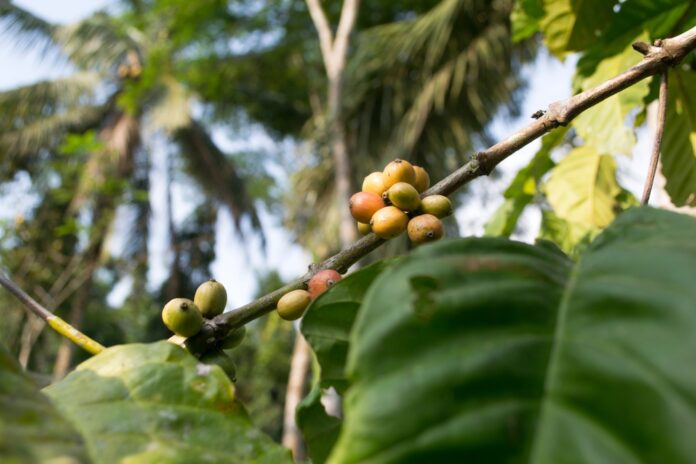There is merit for government to set aside a small P600 million portion of the P100 billion coco levy fund in an enterprise that directly benefits coconut farmers, the Philippine Coffee Board Inc. (PCBI) said on Tuesday.
PCBI president and co-chair Pacita Juan told agriculture journalists P600 million could be wisely spent in an intercrop program between coconut farmers on one hand and their coffee bean colleagues on the other.
Juan said that much coco levy money spent in coffee seedlings over 10 years is enough resources to bring the Philippines out of its dependence on expensive imported coffee.
By intercropping coffee with coconuts, farmers of both benefit from a program addressing the country’s annual coffee demand of up to 200,000 metric tons a year. Local coffee production amounts to only 30,000 up to 33,000 MT a year, with the balance of 120,000 MT met by coffee imports.
In briefing agriculture journalists in Amadeo, Cavite on Tuesday, Juan said the required funding may be secured from the Philippine Coconut Authority (PCA) which has control over some P100 billion in coco levy funds.
A trust fund management committee at the PCA determines how the P100 billion trust fund may be deployed in projects and support services that benefit coconut farmers and their organizations.
Juan acknowledged coffee production in the Philippines is low at an estimated 500 to 700 kilograms per hectare.
She asserted that intercropping coffee with coconut is a viable solution since only 171,428 hectares are needed to produce the 120,000 MT of coffee imported each year when these are then locally produced instead.
Based on existing records, the Philippines has over 3 million hectares of land planted to coconut.
Juan said spending P600 million a year over 10 years in exchange for self sufficiency in coffee is a good proposition.
“But those are very conservative figures. You can do more than 1,000 seedlings per hectare because we are using conservative figures,” Juan said.
She also said 120,000 hectares in Calabarzon is near enough the authorities in Manila to monitor its progress.
Juan said the PCBI will engage the PCA in formal discussions in June this year although the organization has to find a model pilot farm by April and May to demonstrate the concept.







